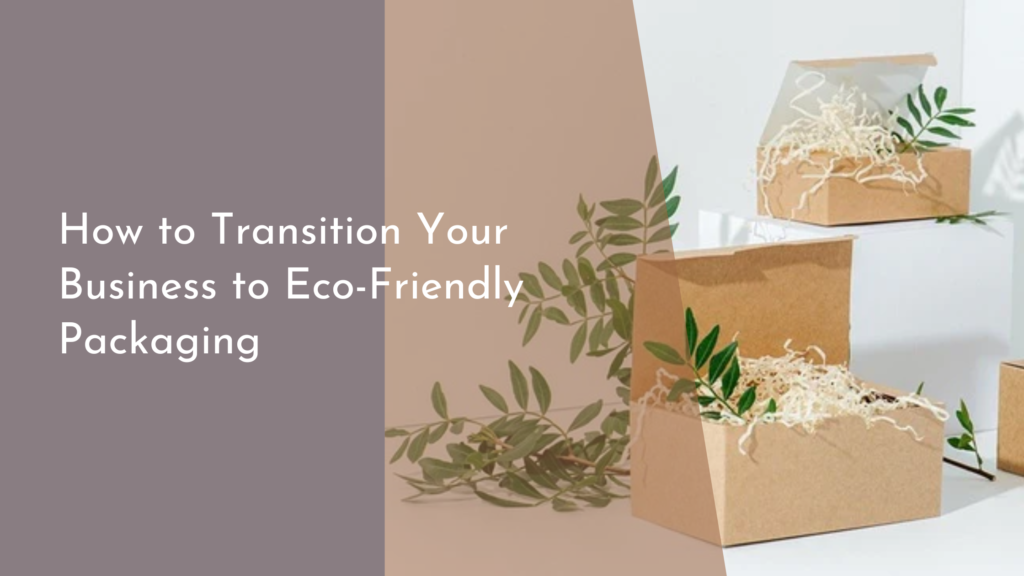The Role of Reusable Products in Reducing Plastic Waste
Plastic waste has become a pressing environmental concern worldwide, with millions of tons of plastic ending up in our oceans and landfills each year. As people grow increasingly conscious of this crisis, reusable products have emerged as a promising solution to mitigate plastic pollution. By opting for reusable alternatives, individuals can play a significant role in reducing plastic waste and contribute to a more sustainable future. This article explores the impact of plastic waste, how reusable products help in waste reduction, popular alternatives to single-use plastics, and how embracing these changes can pave the way to a greener tomorrow.
Understanding the Impact of Plastic Waste
Plastic waste has infiltrated every corner of the globe, from the deepest ocean trenches to the highest mountain peaks. It poses a severe threat to wildlife, marine ecosystems, and human health. Marine animals often ingest plastic debris, mistaking it for food, which can lead to injury, starvation, or death. Additionally, plastics break down into microplastics, which are ingested by a wide range of organisms, entering the food chain and potentially affecting human health.
The problem is exacerbated by the sheer volume of plastic produced and discarded every year. Of the estimated 300 million tons of plastic produced annually, much of it is designed for single-use purposes and is not biodegradable, taking hundreds of years to decompose. With inadequate recycling infrastructure and growing consumption, the challenge of managing plastic waste continues to escalate, highlighting the urgent need for sustainable alternatives.
How Reusable Products Aid in Waste Reduction
Reusable products offer a viable solution to the plastic waste problem by reducing the need for single-use plastics. By choosing items that can be used multiple times, individuals can significantly decrease the amount of plastic waste they produce. This shift in consumption patterns promotes a more sustainable lifestyle and lessens the burden on waste management systems and the environment.
Furthermore, reusable products often have a lower environmental footprint compared to their disposable counterparts. For instance, a reusable water bottle or shopping bag can replace hundreds of single-use items over its lifetime, reducing the need for resource extraction, manufacturing, and transportation. This not only saves energy and resources but also minimizes pollution and greenhouse gas emissions associated with the production and disposal of plastics.
Popular Reusable Alternatives to Single-Use Plastics
One of the most popular reusable alternatives is the stainless steel or glass water bottle, which has gained popularity due to its durability and environmental benefits. By using a single reusable bottle, individuals can eliminate the need for countless plastic bottles that would otherwise contribute to waste and pollution. Many brands now offer insulated options to keep beverages hot or cold, making them not only eco-friendly but also convenient.
Another widely adopted reusable product is the cloth shopping bag. Unlike flimsy plastic bags that often end up in landfills or oceans, cloth bags are sturdy, washable, and can be used hundreds of times. Some regions have even implemented bans or charges on plastic bags, further encouraging consumers to switch to reusable alternatives. Other popular items include bamboo or stainless steel straws, beeswax food wraps, and reusable coffee cups, all of which offer sustainable options to replace everyday single-use plastic items.
Embracing Reusables: A Step Towards a Greener Future
Embracing reusable products is a crucial step towards building a more sustainable and environmentally friendly future. By making conscious choices to reduce plastic consumption, individuals can collectively drive change and push for broader systemic shifts towards sustainability. This grassroots approach can inspire policy changes, encouraging governments and corporations to invest in sustainable practices and alternatives.
Adopting a zero-waste mindset not only benefits the environment but can also lead to personal and financial benefits. Many people find that investing in quality reusable products saves them money in the long run, as they no longer need to frequently purchase disposable items. Additionally, living sustainably fosters a sense of community and responsibility, as people come together to share ideas and encourage one another on their journey towards reducing their environmental impact.
The transition to reusable products is an empowering movement that allows individuals to take meaningful action against the global plastic waste crisis. By understanding the impact of plastic waste and adopting reusable alternatives, everyone can contribute to a cleaner, healthier planet. As more people embrace these changes, we can collectively move towards a greener future, ensuring that our environment is preserved for generations to come. Let’s continue making small, sustainable changes that have the power to create a significant positive impact on our world.

